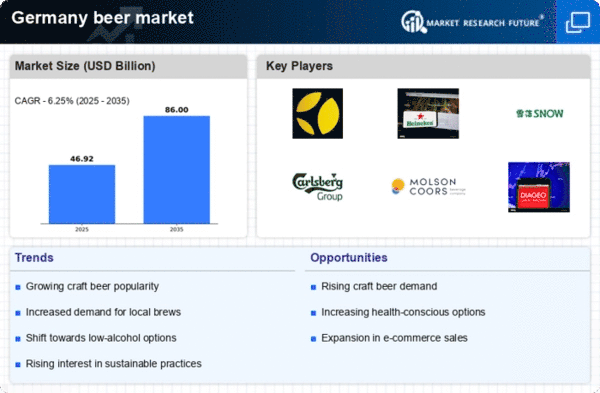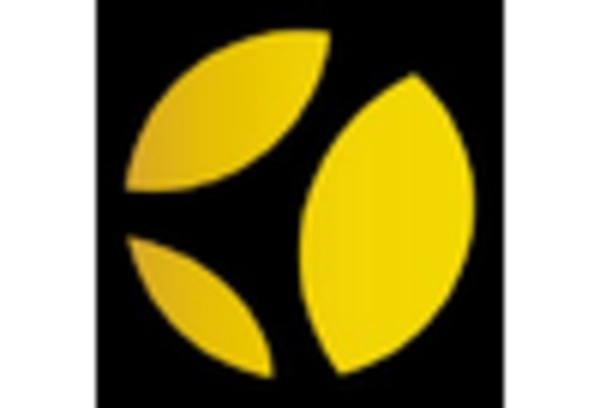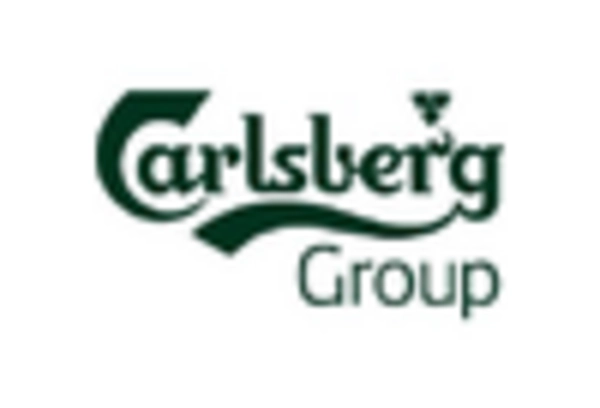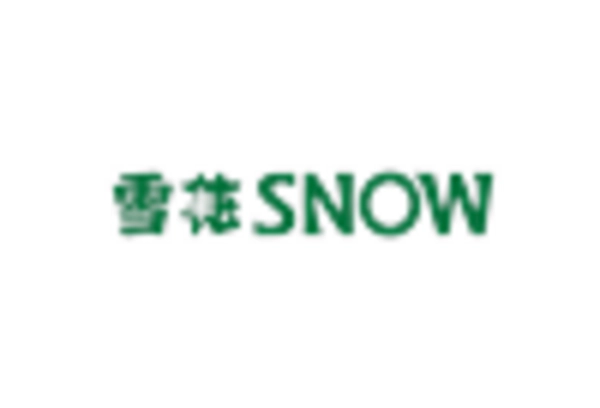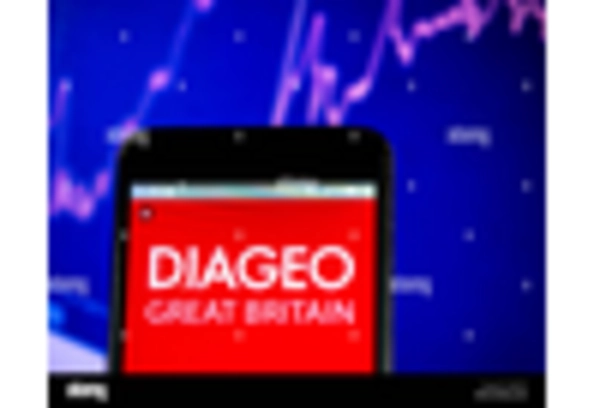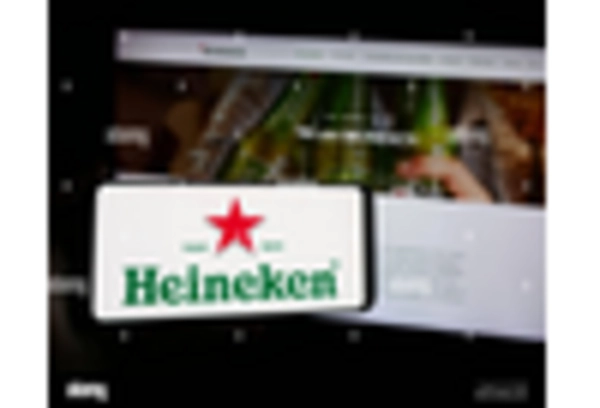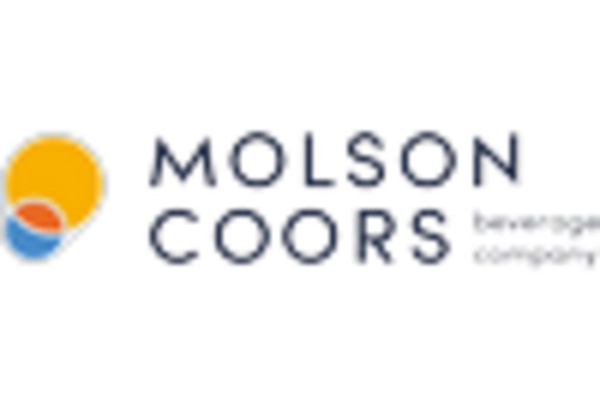Health Consciousness
As health awareness continues to rise among consumers, the beer market in Germany is witnessing a significant shift towards healthier options. This trend is characterized by an increasing demand for low-calorie and low-alcohol beers, as well as non-alcoholic alternatives. Recent statistics indicate that non-alcoholic beer sales have grown by over 20% in the past year, reflecting a broader societal movement towards moderation and wellness. The beer market is responding by innovating and expanding their product lines to include these healthier choices, which may attract a wider audience and potentially increase market share.
Evolving Consumer Preferences
The beer market in Germany is currently experiencing a shift in consumer preferences, with a notable increase in demand for craft and specialty beers. This trend appears to be driven by a growing interest in unique flavors and artisanal production methods. According to recent data, craft beer sales have surged by approximately 15% in the last year, indicating a strong consumer inclination towards innovative brewing techniques. Additionally, younger demographics are increasingly seeking out local breweries, which has led to a rise in microbreweries across the country. This evolving consumer landscape suggests that the beer market must adapt to these changing tastes to remain competitive.
Regulatory Changes and Compliance
The beer market in Germany is influenced by various regulatory frameworks that govern production, distribution, and marketing practices. Recent changes in legislation, particularly concerning labeling and advertising, have prompted breweries to adapt their strategies to ensure compliance. These regulations may impact the way products are marketed, potentially affecting consumer perceptions and purchasing decisions. Additionally, the beer market must navigate the complexities of taxation and import/export regulations, which can influence pricing strategies. As such, staying abreast of regulatory developments is essential for breweries aiming to maintain their market position.
Cultural Significance and Tradition
The beer market in Germany is deeply intertwined with the country's cultural heritage and traditions. Beer consumption is not merely a beverage choice; it is a social activity that plays a vital role in various cultural events and festivals. The ongoing appreciation for traditional brewing methods and regional specialties continues to drive consumer interest. Recent surveys indicate that approximately 70% of consumers prefer locally brewed beers, highlighting the importance of regional identity in the market. This cultural significance suggests that the beer market must leverage these traditions to foster brand loyalty and enhance consumer engagement.
Technological Advancements in Brewing
Technological innovations are playing a crucial role in shaping the beer market in Germany. The adoption of advanced brewing technologies, such as automation and data analytics, is enhancing production efficiency and quality control. Breweries are increasingly utilizing these technologies to streamline operations and reduce costs, which may lead to improved profit margins. Furthermore, the integration of sustainable practices through technology is becoming more prevalent, as breweries seek to minimize their environmental impact. This focus on innovation suggests that the beer market is poised for growth, as companies that embrace these advancements may gain a competitive edge.


